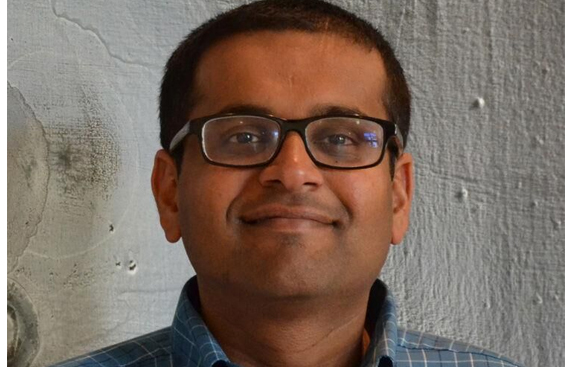The Simons Foundation Names Three Indian American Theoretical Scientists Among 16 Investigators for the Year 2021

The Simons Foundation receives candidates for the Simons Investigator programs from a select group of institutions in the United States, Canada, the United Kingdom, and Ireland each year.
FREMONT, CA: Three Indian Americans are among the 16 members of the Simons Foundation's group of investigators for mathematics and physical sciences, which was announced recently. Surjeet Rajendran, L. Mahadevan, and Amit Sahai were among the group.
Rajendran earned a bachelor's degree in mathematics from the California Institute of Technology in 2004 and went on to Stanford University to earn a doctorate in physics in 2009. Before joining Johns Hopkins University as an associate professor, he was a Leon Madansky postdoctoral scholar at Johns Hopkins University and the Henry Shenker Professor of Physics at U.C. Berkeley.
Mahadevan, of Harvard University, was named in theoretical physics and life sciences. He teaches applied mathematics, physics, and organismic and evolutionary biology at the university. By combining experiments, theory, and computation, he aims to comprehend motion and matter at the observable scale of "middle earth." The patterns of shape and flow of inanimate matter and the dynamics of sentient living matter that can self-organize, sense, and act are of interest.
His papers cover various topics, including soft material geometry and physics, origami and kirigami mathematics, cell and organ morphodynamics, and collective behavior ethology. Mahadevan is a MacArthur Fellow and a Royal Society Fellow, according to his bio.
Sahai of UCLA was named in theoretical computer science. His research generates fresh feasibility results and presents essential new principles in cryptography. According to his bio, he is best known for proposing the concepts of indistinguishability obfuscation and functional encryption and his recent work demonstrating the feasibility of indistinguishability obfuscation and functional encryption for general computations using well-studied hardness conjectures.
The Simons Foundation receives candidates for the Simons Investigator programs from a select group of institutions in the United States, Canada, the United Kingdom, and Ireland each year. Simons Investigators are exceptional theoretical scientists who get a steady stream of research funding from the foundation, allowing them to pursue long-term research on fundamental topics.
